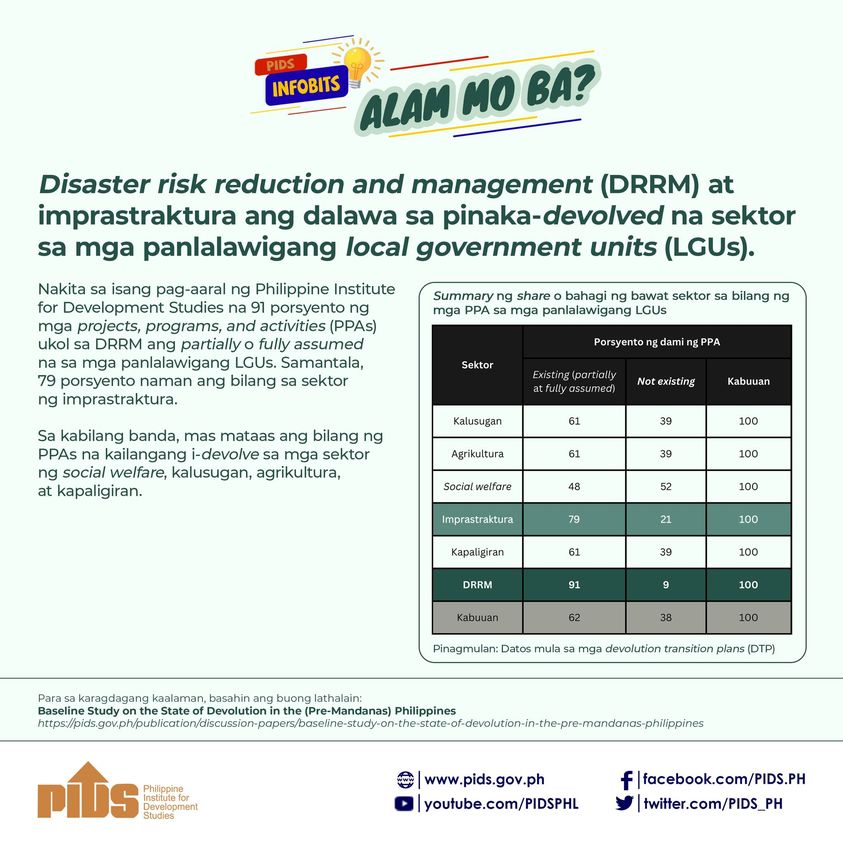MANILA, Philippines — The government should pursue trade liberalization and other measures to improve the productivity of the agriculture sector to make food more affordable, especially to the poor, according to state think tank Philippine Institute for Development Studies (PIDS).
In a discussion paper titled Food and Nutrient Intake Response to Food Prices and Government Programs: Implications for the Recent Economic Shocks, PIDS senior research fellow Roehlano Briones said trade liberalization is a cost-effective policy that should be pursued aggressively, especially when nutrition is under threat as this could improve food affordability.
He said rice, other cereals, fish, meat and poultry, which contribute the most to the Filipinos’ energy, protein and micronutrient intake are all produced under high levels of trade protection against cheaper imports.
“This has the unfortunate consequence of reducing affordability of nutrient-rich foods,” he said.
“The sooner the government dismantles high tariffs and overly strict (and often arbitrary) application of sanitary and phytosanitary standards on these major consumer goods, the more affordable these items become especially to the poor,” he said.
In addition, measures to improve productivity along the value chain for rice, animal protein and vegetables are being pushed.
Briones said improving productivity from farm production throughout the value chain could improve the competitiveness against cheap imports, and raise the income of food producers, processors and distributors.
“By lowering production and logistics cost, productivity improvements also tend to make food more affordable,” he said.
According to the PIDS study, the economic contraction from the COVID-19 pandemic caused energy and nutrient intakes in the country to decline.
The study also found that social protection programs implemented by the government amid the pandemic have played an important role in preventing further deterioration in nutrition intake and worsening malnutrition.
Despite being an effective way to counter the adverse nutrition impacts brought by the pandemic, Briones said such programs however, are expensive and not sustainable.
As such, he said the government should provide targeted cash transfers to the most vulnerable groups or the poorest households.












